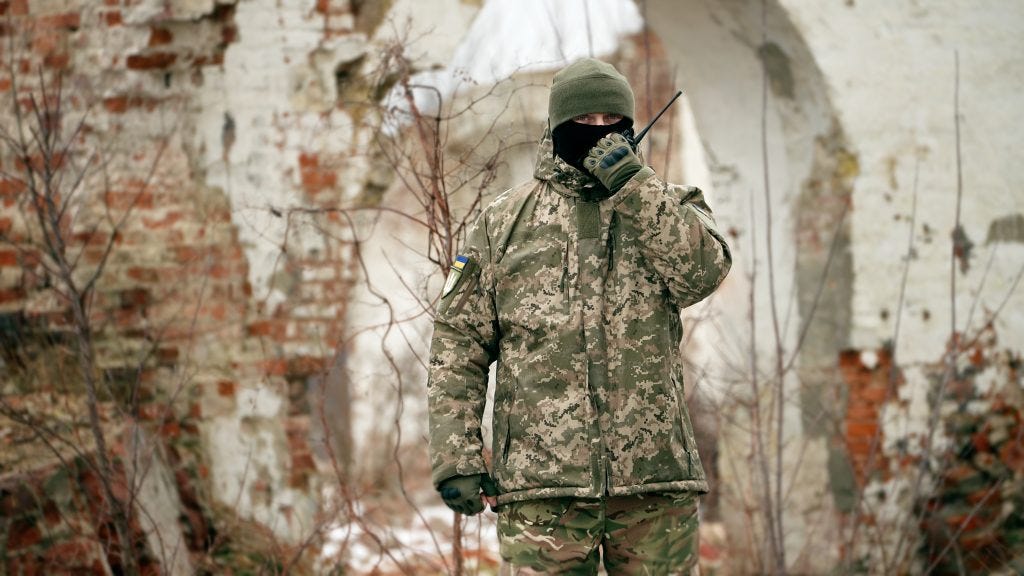Russia proposes ceasefire for Orthodox Christmas
Ukraine vows to fight on
In a surprising development, this week Russian President Vladimir Putin ordered his defence minister to impose a 36-hour ceasefire on the Ukrainian front line for Orthodox Christmas, which falls on January 7.
According to the BBC, the statement from the Kremlin said President Putin ordered his troops to stop fighting because he had listened to an appeal from the head of the Russian Orthodox Church. Patriarch Kirill had, earlier in the day, called for a Christmas truce to allow believers to attend services for Orthodox Christmas.
Ukraine rejects offer as a Russian ploy
President Putin asked Ukraine to reciprocate, but Kyiv quickly rejected the request. Ukraine's President Volodymyr Zelensky said the truce was an attempt to stop his country's military advances in the east of the country. Zelensky added that Russia wants to use the temporary truce as a “cover” to stop Ukrainian military advances in Donbas and bring in more equipment.
"The war will end when Russian soldiers leave Ukraine or are thrown out," Zelensky said.
Many PeaceQuest readers joined the campaign initiated by the International Peace Bureau promoting a Christmas ceasefire. “Let us call for a ceasefire in Ukraine for Christmas 2022/2023, from the 25 December to the 7 January, as a sign of our shared humanity, reconciliation, and peace,” urged the world largest peace network, based in Berlin.
The IPB’s campaign reminded peace supporters of the famous Christmas Truce of 1914 between German, French and British troops in World War I.
But an important aspect of that amazing event was the soldiers acted on their own volition – not under direction of generals or politicians. Indeed, when the British commanders learned of the impromptu ceasefire, they issued orders to keep shooting.
The IPB says the fact that one side proposed a ceasefire is a partial victory, but we must take further actions for a ceasefire and negotiations.


